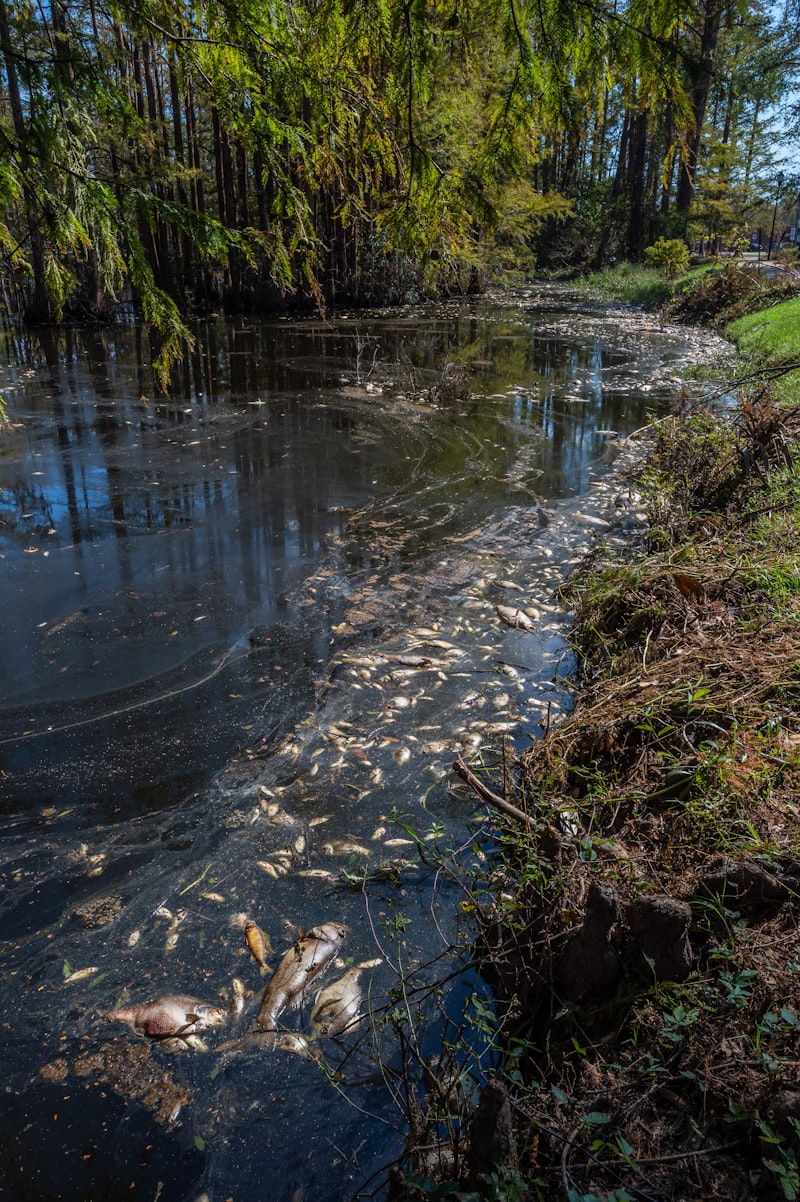Are you ready to embark on a journey towards a healthier and more sustainable lifestyle? Look no further than the Flexitarian Diet, a flexible approach that allows you to embrace plant-based eating while still enjoying the occasional meaty indulgence. In this article, we'll delve into the details of this exciting dietary trend and explore how you can incorporate it into your life.
So, what exactly is the Flexitarian Diet? Well, think of it as a marriage between vegetarianism and flexibility. It's all about shifting the focus of your meals towards plant-based foods while leaving room for moderate amounts of meat, poultry, and seafood. The idea behind this approach is to reap the health benefits of a plant-based diet while still satisfying your taste buds with animal proteins on occasion.

One of the key benefits of the Flexitarian Diet is its emphasis on whole and unprocessed foods. By centering your meals around fruits, vegetables, whole grains, legumes, and nuts, you'll be providing your body with an abundance of vitamins, minerals, and fiber. These nutrients are essential for maintaining optimal health, supporting digestion, and reducing the risk of chronic diseases such as heart disease, diabetes, and certain types of cancer.
Not only is the Flexitarian Diet good for your health, but it also has a positive impact on the environment. Animal agriculture is a significant contributor to greenhouse gas emissions and deforestation. By reducing your consumption of animal products and choosing more plant-based options, you're actively participating in the fight against climate change and promoting sustainability.
Flexibility is at the core of this dietary approach. You have the freedom to decide how often and how much meat you want to include in your meals. Whether you choose to have meatless Mondays, opt for smaller portions of meat throughout the week, or save it for special occasions, the choice is yours. This flexibility makes it easier to transition into the Flexitarian Diet and maintain it in the long term.
The Flexitarian Revolution: How the Flexitarian Diet is Changing the Way We Eat

Have you ever felt torn between being a vegetarian and a carnivore? If so, you're not alone. Many people find it challenging to commit fully to a specific diet. Enter the flexitarian revolution! The flexitarian diet has gained significant popularity in recent years as a flexible approach to eating that allows individuals to strike a balance between their desire for a healthier lifestyle and their love for meat.
So, what exactly is the flexitarian diet? Well, it's essentially a marriage of "flexible" and "vegetarian." Flexitarians are primarily plant-based eaters but occasionally incorporate meat into their meals. This flexibility eliminates the need for absolute deprivation, making it an appealing option for those who find it difficult to give up meat entirely.
But why is the flexitarian diet gaining so much attention? One reason is its positive impact on health. By increasing the consumption of plant-based foods, flexitarians naturally enhance their intake of essential nutrients, vitamins, and minerals. Studies have shown that this dietary pattern can help reduce the risk of chronic diseases, including heart disease, diabetes, and certain types of cancer.
Another benefit of the flexitarian diet is its positive environmental impact. The production of meat requires significant resources, such as land, water, and feed. By reducing meat consumption, flexitarians contribute to the preservation of natural resources and decrease greenhouse gas emissions. It's like hitting two birds with one stone – improving personal health while nurturing the planet.
Moreover, the flexitarian diet offers versatility and culinary adventure. With a plethora of vibrant fruits, vegetables, legumes, and whole grains available, flexitarians can explore new flavors and experiment with creative recipes. It's an opportunity to expand your palate and savor the abundance of nature's bounty.
Embracing a Plant-Based Lifestyle: The Rise of Flexitarianism
Are you curious about the growing trend of flexitarianism and how it is transforming our approach to food choices? Embracing a plant-based lifestyle has become increasingly popular, with more people adopting a flexitarian diet. In this article, we will explore the rise of flexitarianism, its benefits, and how it can positively impact your health and the environment.
Flexitarianism is a term coined to describe individuals who primarily follow a vegetarian or vegan diet but occasionally consume meat or animal products. It offers a flexible and balanced approach to healthy eating while reducing the overall consumption of animal-based foods. By embracing this lifestyle, individuals can enjoy the health benefits associated with a plant-based diet without completely eliminating meat from their meals.

One of the key drivers behind the rise of flexitarianism is the growing awareness of the environmental impact of meat production. The livestock industry is a significant contributor to greenhouse gas emissions, deforestation, and water pollution. By reducing meat consumption and incorporating more plant-based foods into their diets, flexitarians can make a positive impact on the planet.
Health is another crucial aspect that motivates people to embrace a plant-based lifestyle. Research suggests that diets rich in fruits, vegetables, whole grains, and legumes can lower the risk of chronic diseases such as heart disease, diabetes, and certain types of cancer. Flexitarians can enjoy these health benefits while still having the flexibility to enjoy occasional servings of meat or animal products.

Flexitarianism also caters to those who find it challenging to make an immediate switch to a fully vegetarian or vegan diet. It provides a gradual transition by encouraging individuals to add more plant-based options to their meals. This approach makes it easier for people to adopt and sustain a healthier way of eating.
Flexitarianism on the Rise: Balancing Health and Sustainability
Are you looking for a way to improve your health and make a positive impact on the environment? Flexitarianism might be the perfect solution for you. This emerging dietary trend has been gaining popularity in recent years, as more people are becoming aware of the benefits of balancing health and sustainability.

But what exactly is flexitarianism? Simply put, it is a flexible approach to eating that focuses on increasing the consumption of plant-based foods while still allowing for occasional consumption of meat and other animal products. It's all about finding a middle ground between vegetarianism and a traditional omnivorous diet.
The concept behind flexitarianism is quite straightforward. By reducing our reliance on animal products and incorporating a variety of plant-based foods into our diet, we can improve our health and reduce our carbon footprint. Studies have shown that a predominantly plant-based diet can lower the risk of chronic diseases such as heart disease, diabetes, and certain types of cancer. Additionally, it can help to conserve land, water, and energy resources while reducing greenhouse gas emissions.
One of the key advantages of flexitarianism is its flexibility. Unlike strict diets that require complete elimination of certain food groups, flexitarianism allows you to tailor your eating habits to your individual preferences and needs. You can gradually increase your intake of fruits, vegetables, whole grains, legumes, and nuts, while still enjoying the occasional serving of lean meats or sustainably sourced seafood.
So how can you adopt a flexitarian lifestyle? Start by introducing one or two meatless meals into your weekly routine. Experiment with new plant-based recipes and explore the wide range of flavors and textures that vegetarian cuisine has to offer. You may be surprised by how delicious and satisfying these meals can be!
It's also important to remember that being a flexitarian doesn't mean giving up meat entirely. The goal is to strike a balance that works for you and aligns with your values. By making conscious choices about the foods you consume, you can contribute to a healthier planet while nourishing your body.
Discovering the Flexitarian Diet: Finding the Perfect Balance Between Plants and Meat
Are you ready to embark on a journey of culinary exploration that satisfies both your taste buds and your health goals? Look no further than the Flexitarian Diet, an innovative approach to eating that strikes the perfect balance between plants and meat. In this article, we will dive into the details of this dietary trend and discover how it can revolutionize your relationship with food.
So, what exactly is the Flexitarian Diet? Well, it's essentially a flexible vegetarian diet that allows for occasional consumption of meat. The focus lies on incorporating more plant-based foods into your meals while still enjoying the occasional indulgence in animal proteins. It's a win-win situation that caters to both your health and ethical concerns.
One of the key benefits of embracing a flexitarian lifestyle is its positive impact on your overall well-being. By shifting the emphasis to fruits, vegetables, whole grains, legumes, and nuts, you're providing your body with a wide array of nutrients, vitamins, and minerals. This can help reduce the risk of chronic diseases such as heart disease, diabetes, and certain types of cancer.
Another enticing aspect of the Flexitarian Diet is its versatility. Unlike strict vegetarian or vegan diets, which exclude all animal products, the flexitarian approach offers flexibility and freedom of choice. You get to enjoy the flavors and textures of a variety of plant-based dishes while still savoring the occasional juicy steak or succulent piece of grilled chicken. It's all about finding that delicate balance that works for you.
If you're concerned about the environmental impact of meat production, the Flexitarian Diet also provides a sustainable solution. By reducing your meat consumption, you're contributing to the conservation of water, land, and energy resources. You're making a positive difference, one plate at a time.
Comments
Post a Comment